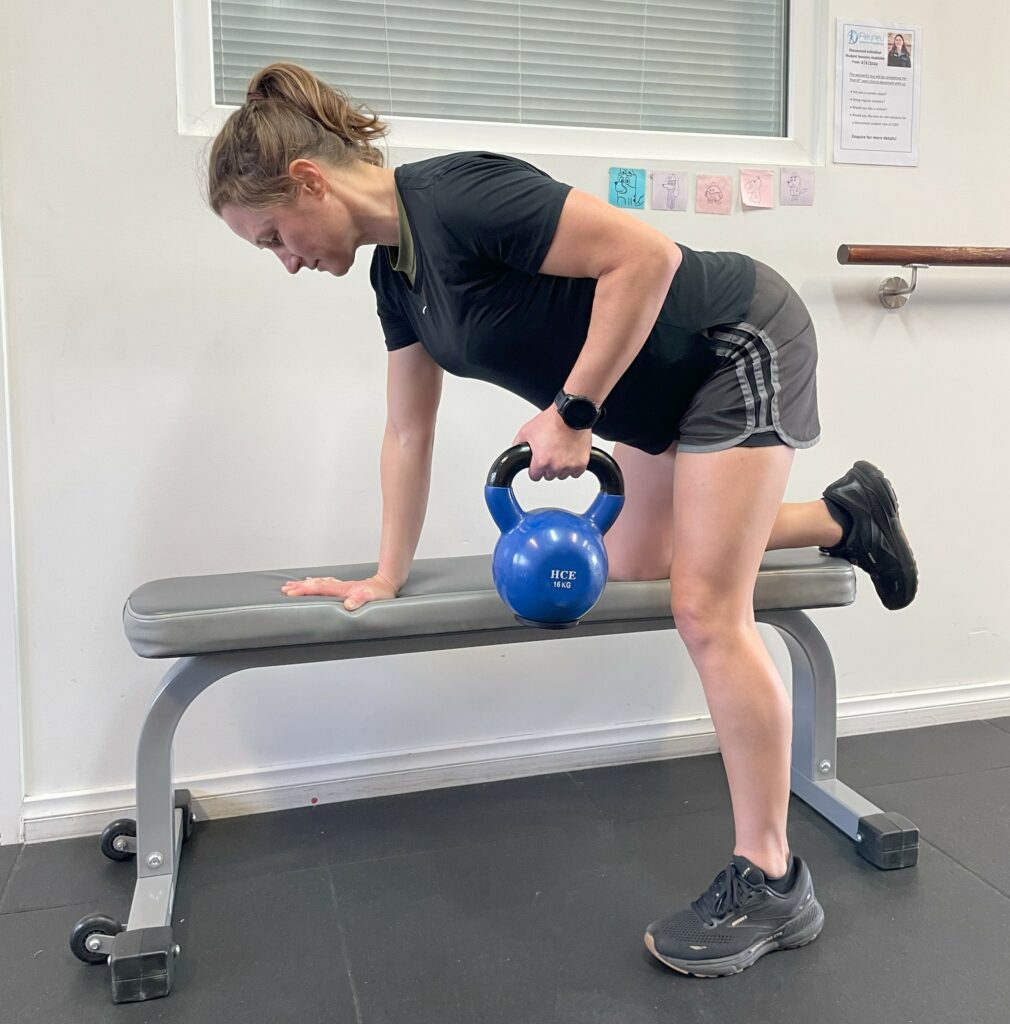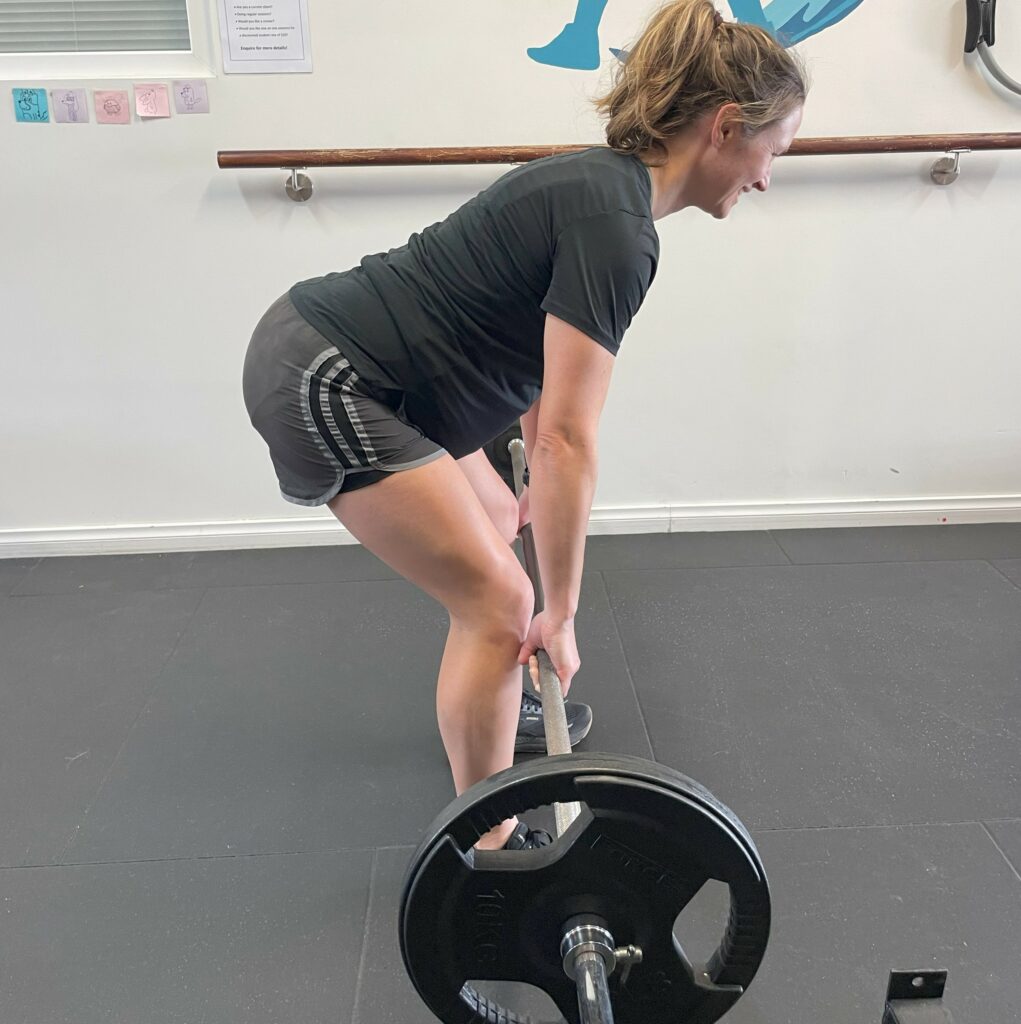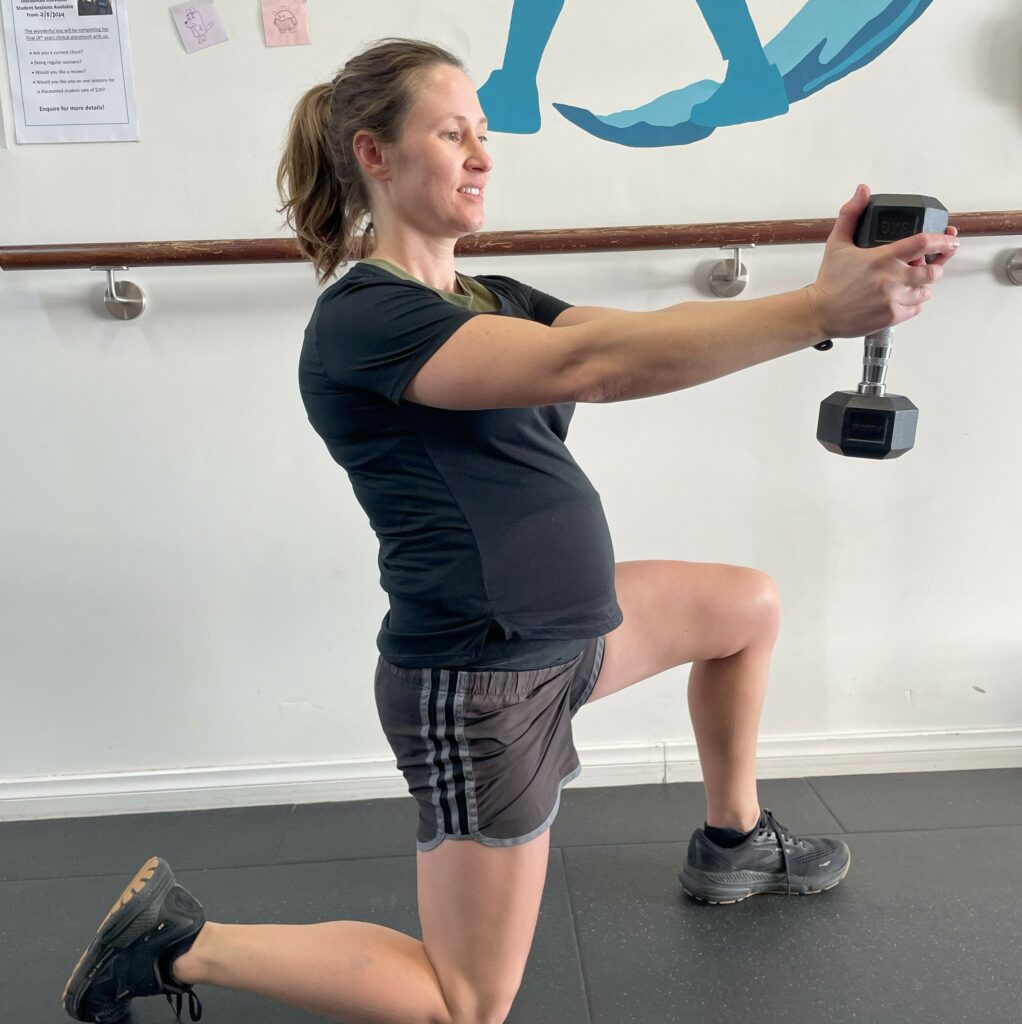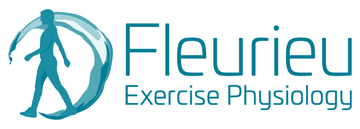Embracing Exercise During Pregnancy: A Guide for Expecting Mothers
Pregnancy is a unique and exciting journey, filled with anticipation, joy, and a fair share of challenges. For many expecting mothers, maintaining a healthy lifestyle is a top priority, and exercise plays a crucial role in achieving that goal. At our exercise physiology clinic, we understand the specific needs of pregnant women and are here to guide you through safe and effective exercise routines that benefit both you and your baby.
The Benefits of Exercise During Pregnancy

Engaging in regular physical activity during pregnancy offers numerous benefits, including:
Improved Mood and Energy Levels: Exercise releases endorphins, which can help elevate your mood and boost energy levels, combating the fatigue often experienced during pregnancy.
Fewer newborn complications: Exercise can stabilize blood glucose levels, reduce hypertension and assists with achieving ideal birth weights for our little bubs.
Better Sleep: Regular physical activity can help regulate sleep patterns, ensuring you get the rest you need.
Reduced Pregnancy Discomfort: Exercise can alleviate common pregnancy discomforts such as back pain, pelvic floor discomfort, constipation, and bloating by improving circulation and muscle tone.
Enhanced Muscle Tone and Strength: Strengthening your muscles, particularly those in the pelvic region, can prepare your body for labor and delivery.
Lower Risk of Gestational Diabetes: Regular physical activity helps maintain healthy blood sugar levels, reducing the risk of gestational diabetes.
Easier Labor and Delivery: Staying fit can lead to a shorter labor, fewer complications, and a quicker recovery postpartum.
Decreased risk of preeclampsia
Decreased risk of instrumental delivery
Decrease risk of urinary incontinence throughout pregnancy and post-pregnancy
Decreased risk of prolapse.
There is absolutely NO evidence that regular exercise, for a woman with NO contraindications, is detrimental to the mother or baby.
Safe Exercises for Pregnant Women




Engaging in safe exercise during pregnancy is crucial for the well-being of both mother and baby, but it’s essential to recognize that exercise during this time is not a one-size-fits-all endeavor. Following generic fitness advice of videos online can increase injury risk. Each woman’s body responds differently to pregnancy, and activities should be adapted to accommodate varying levels of fitness, as well as any discomforts or health conditions that may arise. This is why working with a professional, such as an accredited exercise physiologist is so important. These professionals can tailor exercise routines to your specific needs, ensuring that you stay active in a way that is both safe and beneficial. They can help modify exercises to alleviate common pregnancy discomforts like back pain and swelling while ensuring that you avoid activities that may pose risks as you move through pregnancy. With professional guidance, you can be given the tools to confidently maintain your fitness, support a healthy pregnancy, and prepare your body for labor and delivery.
Exercise Guidelines and Precautions

Before starting any exercise routine, it’s crucial to consult with your healthcare provider to ensure it’s safe for your specific situation. Here are some general guidelines to keep in mind:
Start Slowly: If you were not active before pregnancy, begin with low-intensity exercises and gradually increase the duration and intensity as your fitness level improves.
Stay Hydrated: Drink plenty of water before, during, and after exercise to stay hydrated.
Listen to Your Body: Pay attention to your body’s signals. If you feel any pain, dizziness, shortness of breath, or discomfort, stop exercising and rest.
Avoid High-Risk Activities: Steer clear of activities that involve a risk of falling or abdominal trauma, such as contact sports, skiing, or horseback riding.
Modify as Needed: As your pregnancy progresses, you may need to modify your exercise routine. Avoid lying flat on your back after the first trimester and choose exercises that accommodate your growing belly.
Keep Cool: Avoid overheating by exercising in a cool environment and wearing breathable, comfortable clothing.
Key take home messages
Exercise during pregnancy can be a wonderful way to support your health and the health of your baby. At our exercise physiology clinic, we are dedicated to providing you with personalised guidance and support to ensure you stay active and healthy throughout your pregnancy. Remember, every pregnancy is unique, so always consult with your healthcare provider before starting any new exercise routine. Embrace this special time with confidence, knowing that you are taking positive steps for both you and your baby.
If you have any questions or need personalised advice, feel free to contact us. We’re here to support you every step of the way on your pregnancy journey and afterwards.
Author: Maddie Warner, Accredited Exercise Physiologist




